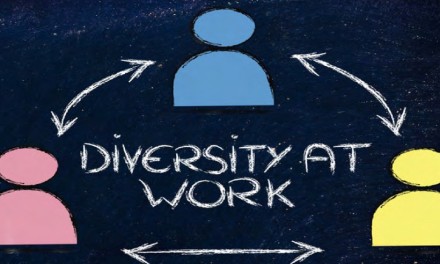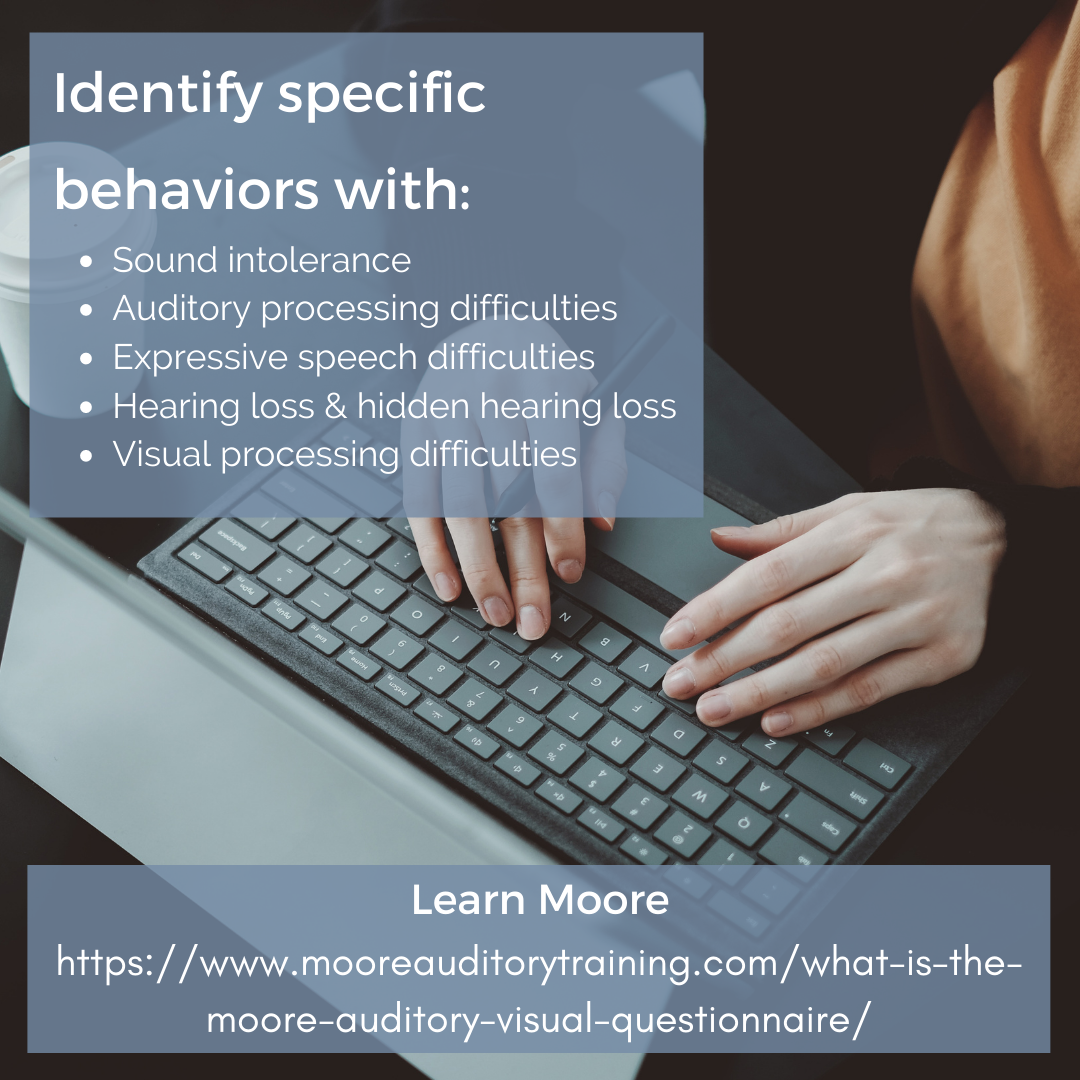After I graduated from Oral Roberts University with a Master of Divinity, I was employed four years as a youth pastor. When metro Detroit experienced harsh economic conditions due to the automotive industry I found myself unemployed. For the next two years, I struggled for steady employment and sank into a finical sinkhole, unable to pay my bills, I was forced to live with my parents.
My Asperger’s added to the burden and stress I experienced in seeking gainful employment. My dad would yell, “You have a Master’s degree, why are you working only part-time at Corky’s Skate Shop making $5.50?”
During this season I emailed over 400 churches who were hiring only to experience further frustration. I traveled twice to Indiana and to New York for pastoral candidate interviews. I can’t complain about the New York interview; I received an expense paid trip and saw Niagara Falls.
Finally, I received gainful employment in the medical field where I currently have been employed for more than seven years. I learned through my occupational struggles several valuable lessons helpful for people with disabilities seeking employment.
Twenty-six million Americans with disabilities are of working age. Every year an additional 50,000 young adults with autism diligently search and struggle for employment. Many of these young adults experience chronic under-employment and unemployment. These practical tips can empower your child for employment and independence:
- Most people find employment by personal connections.
While working part-time for Comfort Keepers, I overheard one of the staff at the nursing home state, “I work at Havenwyck Hospital.” I told this staff, “I submitted my résumé to Havenwyck four months ago and never heard back!” She advised me, “Tomorrow go and ask for my supervisor and he will hire you. I’ll call him tonight.” The next day, I went to the hospital and asked to meet with her supervisor—he hired me. - Employment comes through experience.
I can guess what you’re thinking how can my child ever gain experience—if no company will hire him? Kerry Magro, a young adult with autism states, “Getting experience as a volunteer or an intern may open the door to entry-level employment within organizations or companies.”1 I volunteered at Oakland Christian Church for a year before they hired me. - An employer hires based on their company’s needs.
In job interviews, focus on your strengths and gifts, not your disabilities. A couple of positive traits many individuals with autism and Asperger’s possess are faithfulness and attention to detail. When I am interviewed by a potential employer, if he or she asks about my having autism, I use humor and state, “I am like Superman, only my kryptonite is electronic noises and bleach. I have a few superpowers. I can quote over 10,000 Scriptures and run the mile in 4 minutes and 25 seconds. I also have never missed a day of work.” - Employment comes to those who diligently seek.
Encourage your child to never quit or become discouraged in his or her quest for employment. As the old proverb advises, “The only difference between a successful person and a failure is a successful person rises one more time then he falls.” Charles Spurgeon said, “By perseverance, the snail made it on the ark.” - When all else fails, create your own job.
As an entrepreneur declared, “It’s not work when you love what you’re doing.” I learned this final principle from my interview with Rhonda Gelstein whose son, Tyler, was diagnosed with cerebral palsy and autism.2 Rhonda was determined to help her son gain independence. After high school, Tyler searched for three years of unsuccessfully for employment.
Rhonda contemplated what things were an interest to him and he could develop into a business to be gainfully employed. The one idea that kept coming to her mind was Tyler’s love of returning cans. Rhonda decided to help Tyler start his own business, Tyler’s Bottle Service. She helped him to receive resources from Community Living Supports. This program generously provided Tyler’s business with a driver who takes him to pick up the bottles/cans to return them. Tyler’s business has empowered him to fulfill his dream of being self-employed and living on his own.
1 Magro, Kerry. “Tips for People with Autism Finding Employment.” Autism Speaks, 14 Oct. 2013.
2 8/4/14 interview with Rhonda Gelstein.










